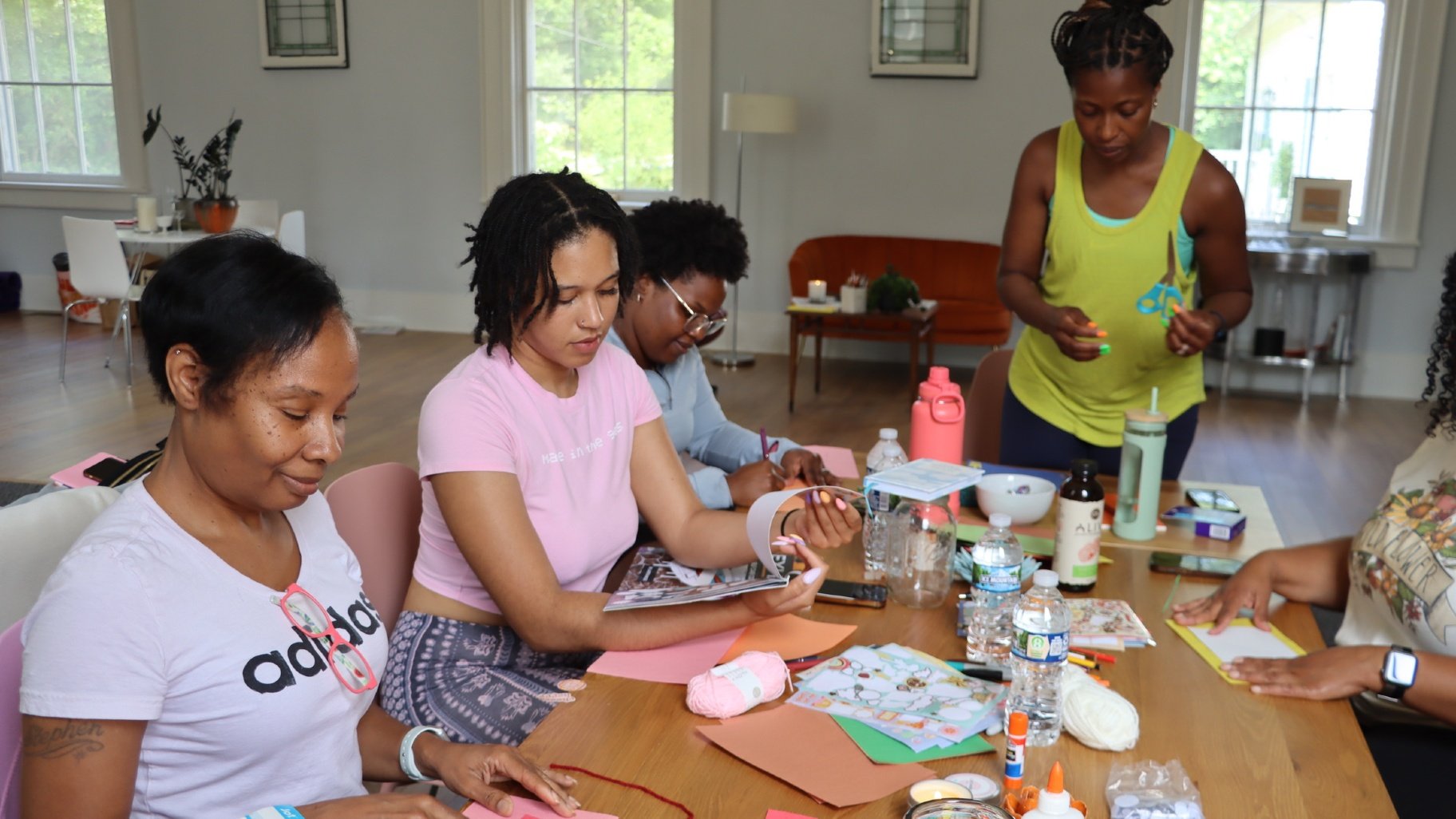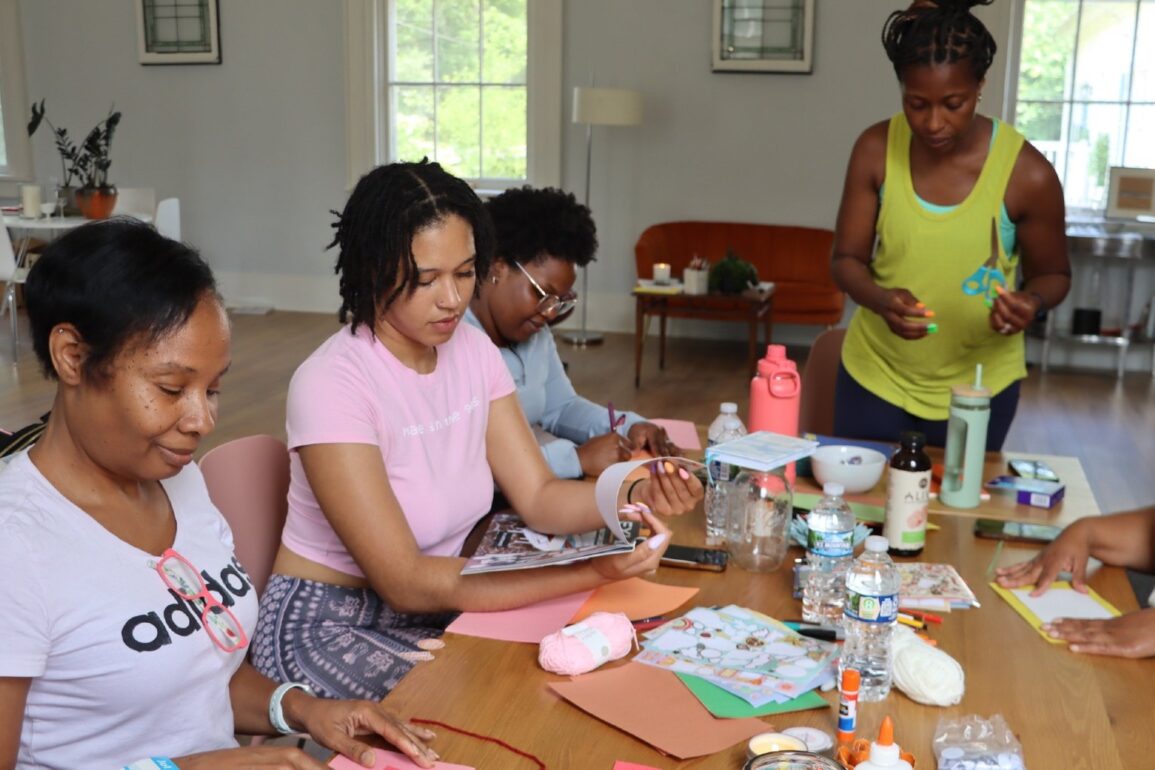
Mental health advocates have long called for Chicago to reestablish its 19 city-operated mental health clinics.
Candidates for mayor have campaigned on the promise to do so.
Thanks to our sponsors:
Just last month, Mayor Brandon Johnson started making good on that promise, announcing plans to reopen the Roseland Health Clinic and phase out police involvement in mental health crises.
Some of the city’s most vulnerable populations are still facing barriers of access when it comes to receiving equitable health care. The Black community faces notable obstacles when it comes to addressing mental illness.
“Black women experience mental health conditions and concerns that all women experience, but they may have a greater intensity or severity,” said Camesha Jones, the executive director of Sista Afya Community Mental Wellness.
Jones describes herself as a survivor of mental illness, and got the inspiration for Sista Afya when she was going through recovery and struggled to find spaces that prioritized the needs of young Black women.
“When I was experiencing my mental health challenges,” Jones said, “the police were called on me when I wasn’t necessarily going to harm anyone.”
Jones said she sees Johnson’s announcement as a positive move forward.
Part of the mayor’s vision includes reopening facilities in underserved communities such as the now-shuttered Roseland Health Clinic.
Another aspect is phasing out police responses to mental health crises. CARE alternate response teams would instead take on the responsibility of answering those calls.
“It’s important that people recognize that when law enforcement is involved in mental health calls, that that can lead to a potentially dangerous situation,” said clinical psychiatrist Dr. Inger Burnett-Zeigler. “When you have individuals who don’t understand the symptoms that are presenting in that particular moment, that can exacerbate the crisis and lead to danger.”
The Northwestern University professor stressed the magnitude of the issue, stating that there are an estimated 300,000 Chicagoans with unmet mental health needs. She said it’s critically important for health care professionals to be the ones responding to such needs.
The Collaborative for Community Wellness has an ongoing “Treatment Not Trauma” campaign that seeks to mitigate the dangers of such crises by creating a 24-hour mental health crisis line.
“Oftentimes the timing of a mental health crisis is unknown,” said Candace Coleman of Access Living. “You never know when a person could go through a crisis.”
Nationally, only 2% of psychiatrists identify as Black, compared to 4% of psychologists and 22% of social workers, and that lack of representation contributes to a cultural stigmatization, Burnett-Zeigler said.
“I can’t stress enough the importance of intentional and qualified professionals who are able to provide what the community needs because we don’t want people who live in communities of color to receive services where they get an adverse experience and get even further turned off (from care),” said Dr. Kathleen Guada, who runs the Chicago Foundation for Mental Health.


